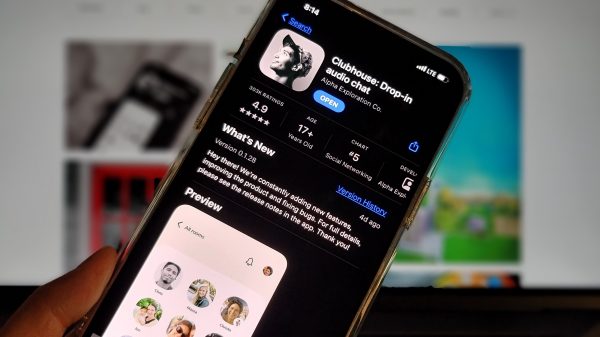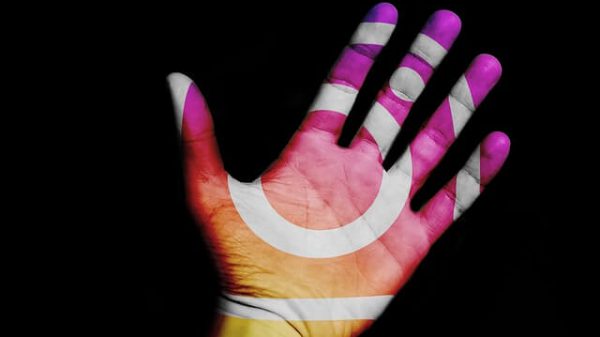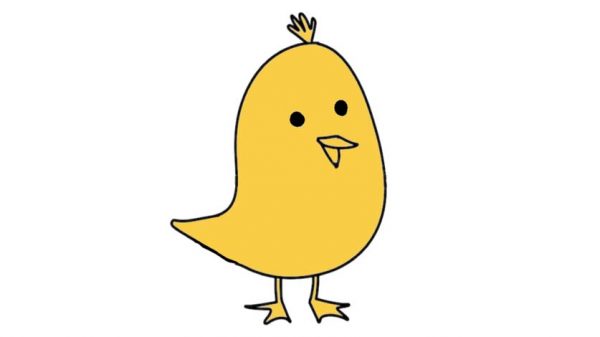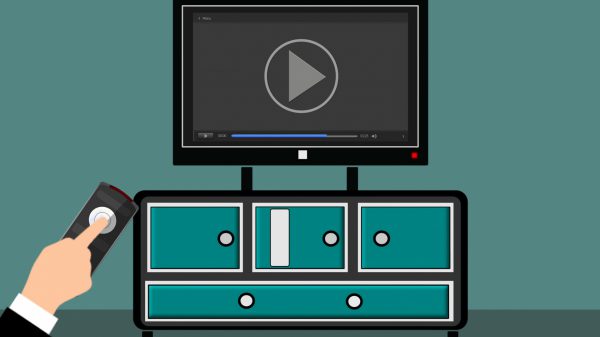More than a dozen Indian government agencies are tracking Clubhouse chat room activities, The Hindu reported on Wednesday. It is not clear what the reasons behind this are.
The agencies identified in the report are Intelligence Bureau (IB), Research and Analysis Wing (RAW), National Investigation Agency (NIA), Enforcement Directorate (ED), Directorate of Revenue Intelligence (DRI), Central Bureau of Investigation (CBI), Narcotics Control Bureau (NCB), and Central Board of Direct Taxes (CBDT). These agencies have been authorized “to track the rooms scheduled by clubs that is generating excitement or individual or group chats in open or closed rooms in real-time,” the report stated.
The invite-only audio chat room app Clubhouse, which launched last March, gained popularity during the pandemic but it was initially available only on iOS. The Android version of the platform went live across the globe, including in India, on May 21, giving it another surge in popularity.
Actions authorized by IT Act
These agencies have been authorized to carry out their prying activities by Information Technology (Procedure and Safeguards for Interception, Monitoring and Decryption of Information) Rules, 2009, under sub-section (1) Section 69 of the Information Technology Act, 2000, the report stated.
According to these rules, the Secretary in the Ministry of Home Affairs may “authorise an agency of the Government to intercept, monitor or decrypt information generated, transmitted received or stored in any computer resource for the purpose specified in sub-section (1) of section 69 of the Act.”
The purposes specified in sub-section (1) of section 69 of the Act are the “interest of the sovereignty or integrity of India, defence of India, security of the State, friendly relations with foreign States or public order or for preventing incitement to the commission of any cognizable offence relating to above or for investigation of any offence.”
Govt actions may violate Clubhouse Terms of Service
The government’s activities may be in violation of Clubhouse’s Terms of Service, particularly the following ones that prohibit users to:
- “impersonate any person or entity, or falsely state or otherwise misrepresent your affiliation with a person or entity”
- “obtain or attempt to access or otherwise obtain any materials or information through any means not intentionally made available or provided for through the Service.”
- “record any portion of a conversation without the expressed consent of all of the speakers involved”
Clubhouse privacy policy allows it to share recordings and other data with the government
All Clubhouse conversations are held live with no in-built ability for the user to pause, record, or listen later. But, Clubhouse can and may record these conversations. Its privacy policy states: “To create a safe environment on the App, we may record conversations and use the recordings to investigate violations of our Community Guidelines or Terms of Service.” Clubhouse claims that recordings are only kept temporarily and are “deleted unless a user reports a Trust and Safety violation while the room is active.”
Clubhouse’s privacy policy also makes it clear that it will use personal information, including recordings, to “comply with applicable laws, lawful requests, and legal process, such as to respond to subpoenas or requests from government authorities.” This includes sharing data “such as the types of Clubhouse conversations you engage in, content you share, features you use, actions you take, people or accounts you interact and connect with, and the time, frequency, and duration of your use” with government authorities to protect privacy and safety of users and the company, to enforce the terms and conditions, and to “protect, investigate and deter against fraudulent, harmful, unauthorized, unethical, or illegal activity.”
Also Read














